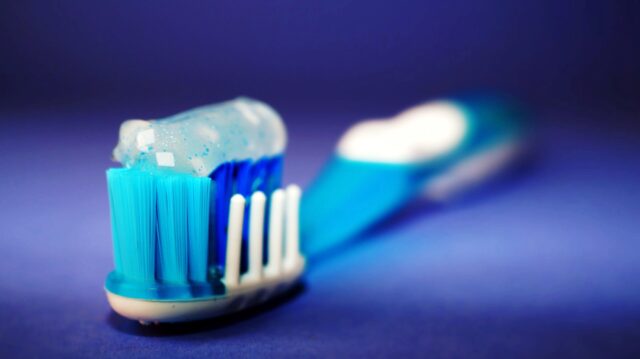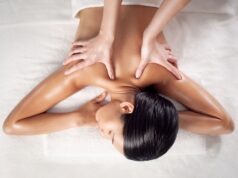
There are so many choices of toothbrushes on the supermarket shelves – hard, soft, large head, small head, manual or electric – the list goes on. The following is a guide on what to choose and why some of them are better than others.
MANUAL OR ELECTRIC?
The first decider is whether to choose a manual or electric.
Studies comparing the effectiveness of manual and electric types indicate that electric ones improve dental health by reducing plaque. Other research reviews also found that these devices reduce bleeding and inflammation of gums, i.e. gingivitis, which is a common cause of tooth loss.

Counter-rotational and oscillating-rotating brushes are the most effective electric ones, according to a full-scale review of the research.
Electric types are an investment, especially when you consider buying the basic unit plus new heads every few months. Keep in mind also that the recharger on your base unit only has a limited lifespan, and you will need to buy replacements.
HOW HARD SHOULD YOUR TOOTHBRUSH BE?
If you do decide to stick with a manual type, it’s important to choose soft or medium bristles.
You might think that the harder the toothbrush, the more effective it will be. However, dentists and dental hygienists don’t recommend hard bristles as it is more difficult for the bristles to bend and move around teeth and into all the nooks and crannies of the mouth.

Also, if the brush is too hard, you’ll be discouraged from brushing your gums because of discomfort and possible bleeding.
Softer ones are more malleable and allow for a more thorough clean of both teeth and gums.
The same goes for the size of the toothbrush head. With a smaller head, you can guide your between teeth and reach all parts of your mouth.
CHARCOAL TOOTHBRUSHES
You can buy charcoal ones in health food shops and online. The idea behind them is that the charcoal in the toothbrush acts as an adsorbent, attracting unwanted particles, bacteria, and toxins.
NATURAL TOOTHBRUSHES

Australians throw away around 30 million toothbrushes a year, that’s 1000 tons of landfill waste, according to the natural manufacturer, Environmental Toothbrush.
Those made from natural materials are just as effective but help to reduce waste and overuse of plastics. The most common materials used are cellulose-based bristles and bamboo handles, making them very sustainable eco-friendly products. For more info about bamboo products please visit Boonboo site.
Standard plastic toothbrushes may also contain harmful toxins, such as BPAs (bisphenol A), which are not present in natural ones, making them an excellent choice for children, as well as adults.
HOW HARD DO YOU BRUSH?

Regardless of which type of it you use, the pressure you apply on your teeth is key to long-term dental health.
Pressing too hard and brushing teeth too vigorously can be too abrasive and erode tooth surfaces. Brushing gums too aggressively can cause trauma and affect the delicate structure that holds teeth in place.
If your gums bleed, first check with your dentist to eliminate gum disease as a problem. Otherwise, this is a sign you are brushing too enthusiastically and/or your toothbrush bristles are too hard.
The best way to brush teeth is to brush gently in circular motions all around the teeth and gums.
If you’re not sure what type suits your individual needs, have a chat with your ParramattaDentalAvenue and they will be able to guide you.







